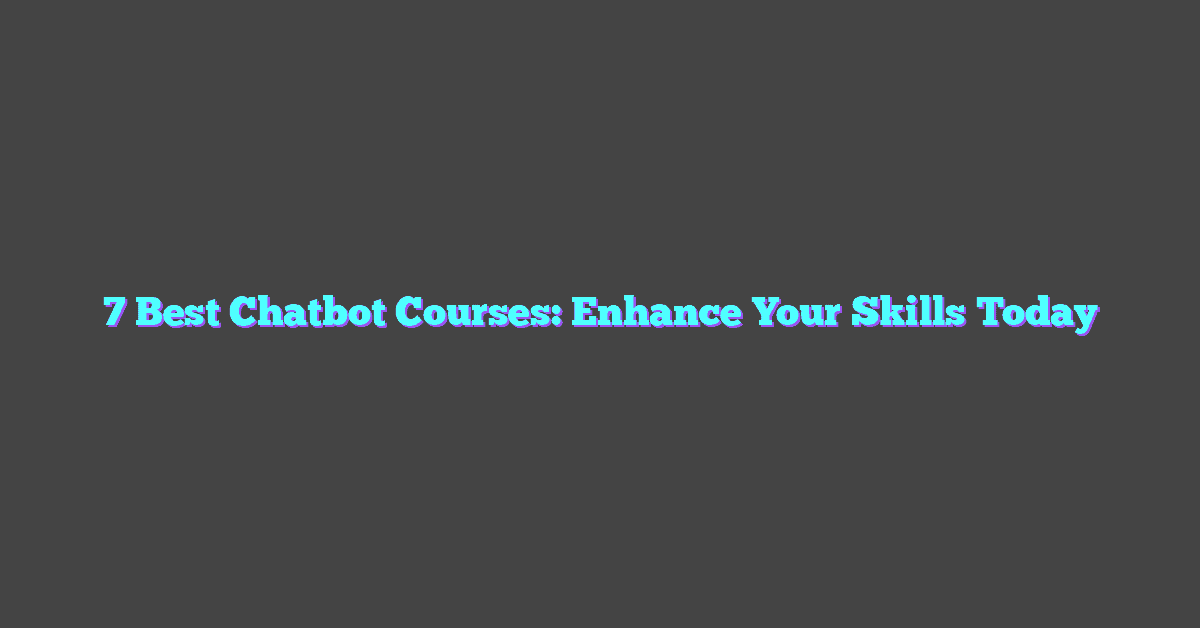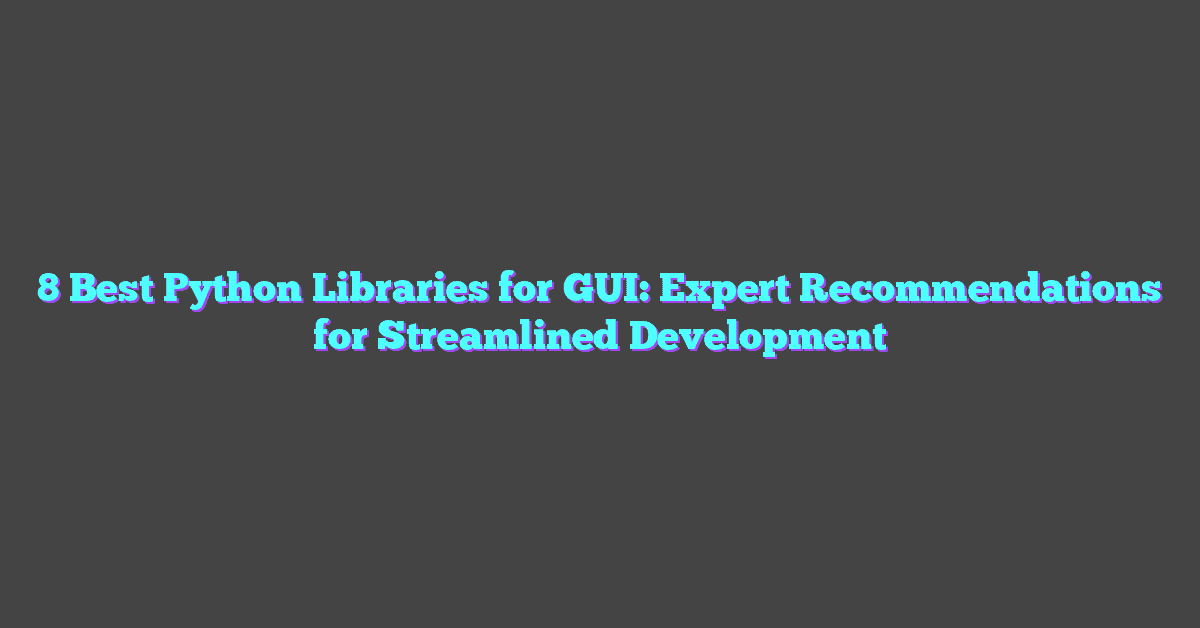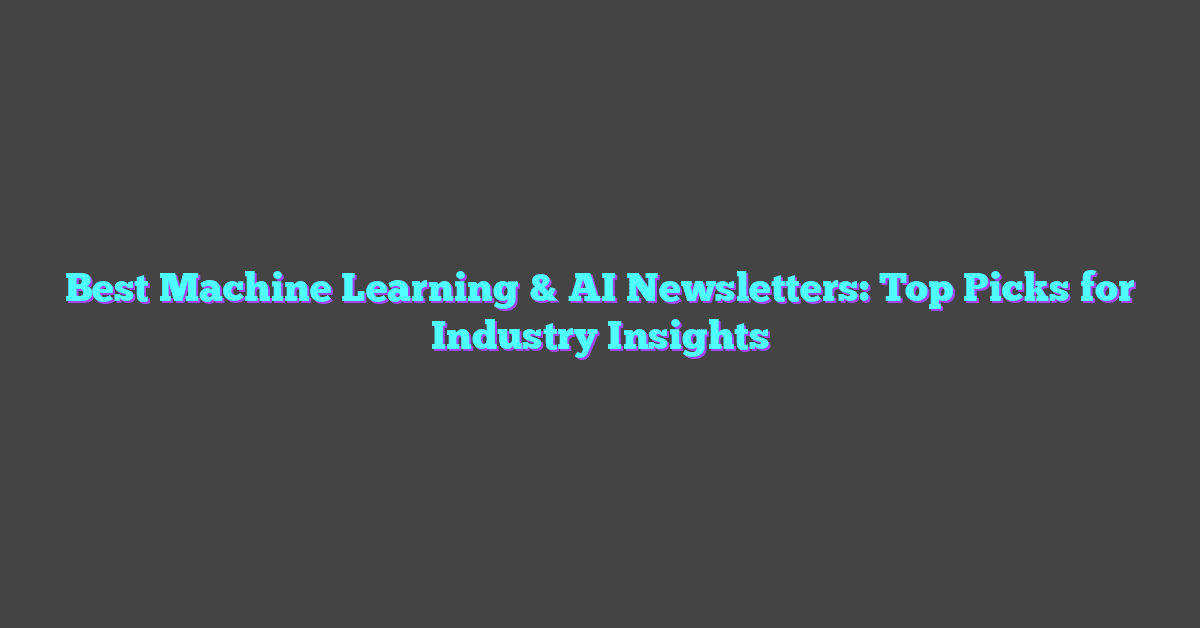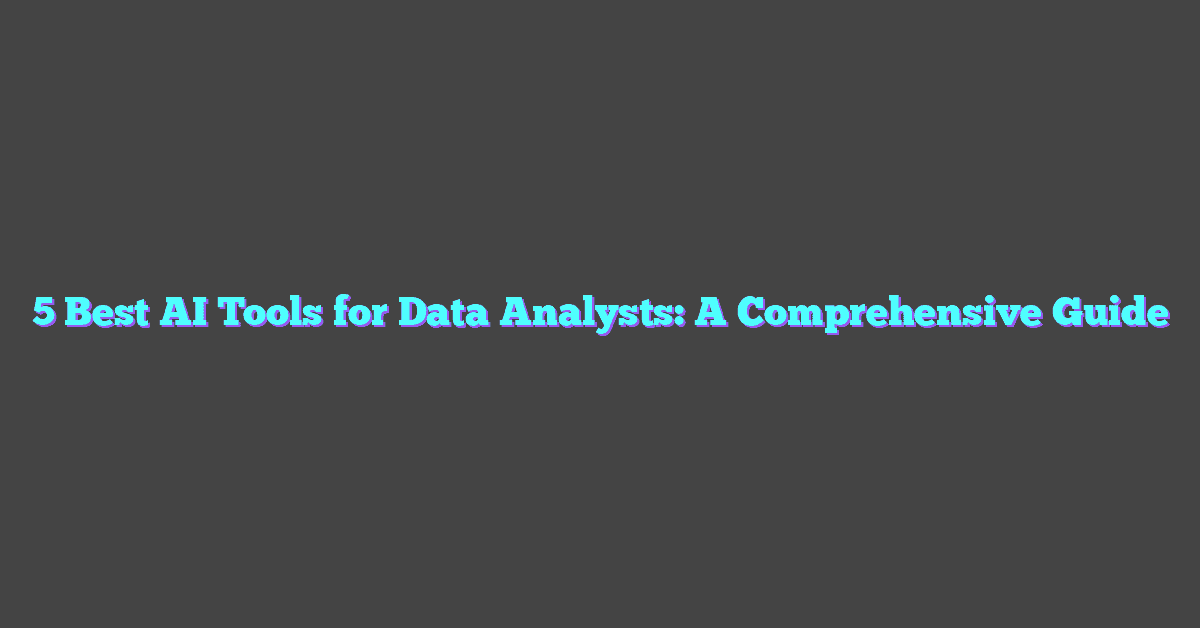Artificial intelligence has rapidly evolved, transforming the way people work and live. In 2022, AI tools have become more accessible and powerful, offering solutions that enhance productivity, creativity, and everyday tasks. From automating mundane chores to providing deep insights through data analysis, these tools are reshaping industries and personal lives alike.
With so many options available, finding the right AI tools can be overwhelming. This guide will highlight the best AI tools of 2022, showcasing their unique features and benefits. Whether you’re a business professional, a creative, or simply curious about AI, there’s something here for everyone. Let’s dive into the top AI tools that are making waves this year.
Overview of AI Tools in 2022
AI tools have advanced significantly in 2022, offering enhanced capabilities and accessibility. This section explores key trends and their impact on various industries.
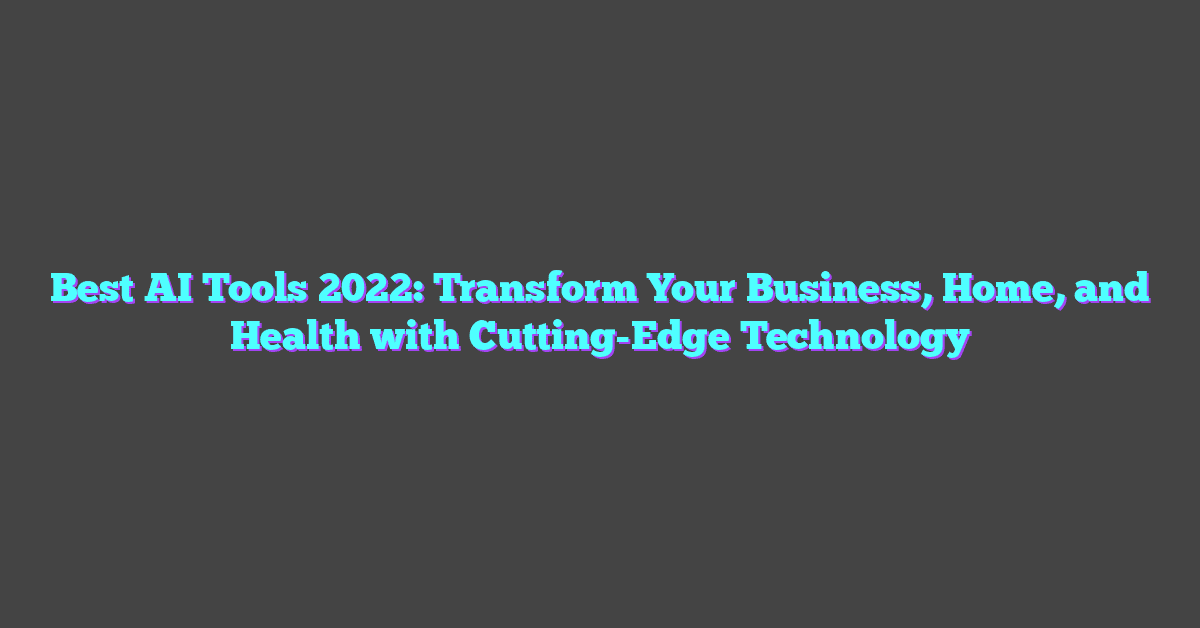
Key Trends and Developments
Several key trends emerged in AI tools throughout 2022:
- Natural Language Processing: Tools like OpenAI’s GPT-3 enhanced content creation, customer support, and virtual assistance by understanding and generating human-like text.
- Computer Vision: Applications improved in areas such as facial recognition, medical imaging, and autonomous vehicles. Tools like Google’s TensorFlow offered robust frameworks for developing these applications.
- Automated Machine Learning (AutoML): Platforms like Google’s Cloud AutoML and H2O.ai’s Driverless AI simplified the creation of machine learning models, making advanced analytics more accessible to non-experts.
- AI in Cybersecurity: AI-driven tools identified vulnerabilities and responded to threats in real time. Darktrace and CrowdStrike led this trend by offering sophisticated threat detection solutions.
- AI Ethics and Bias Mitigation: There was heightened focus on developing tools that address ethical concerns and bias in AI models. IBM’s AI Fairness 360 toolkit became a go-to resource for ensuring fairness and transparency.
Impact on Industries
AI tools revolutionized various industries in 2022:
- Healthcare: In healthcare, AI enhanced diagnostics, personalized treatment plans, and patient monitoring. IBM Watson and PathAI provided advanced data analytics and image interpretation.
- Finance: AI tools in finance improved fraud detection, credit scoring, and algorithmic trading. Companies like ZestFinance and AlphaSense specialized in these solutions.
- Retail: Retail saw AI applications in inventory management, customer insights, and personalized marketing. Tools like Salesforce Einstein and Amazon Personalize played key roles.
- Manufacturing: AI optimized production processes, predictive maintenance, and quality control. Siemens’ MindSphere and GE’s Predix were notable platforms.
- Education: AI-powered platforms in education offered personalized learning experiences and automated grading. Examples included Coursera’s AI-driven course offerings and Carnegie Learning’s adaptive learning software.
AI tools in 2022 greatly impacted productivity, creativity, and efficiency across numerous sectors, making it easier for professionals and enthusiasts to harness their power.
Best AI Tools for Businesses in 2022
Advancements in AI have provided businesses with powerful tools to optimize operations. Here are the top AI tools enhancing business functions in 2022.
Customer Relationship Management (CRM) Tools
AI-powered CRM tools revolutionize how businesses handle customer interactions. Salesforce Einstein, for example, uses AI to deliver predictive analytics, personalized recommendations, and automated workflow processes. HubSpot CRM leverages AI to provide chatbots, lead scoring, and email automation. Zoho CRM features an AI assistant, Zia, which predicts sales trends, automates data analysis, and enhances customer engagement.
Enterprise Resource Planning (ERP) Systems
ERP systems integrated with AI streamline business operations by automating routine tasks. Oracle ERP Cloud uses AI for advanced data analysis, predictive maintenance, and automated reporting. SAP S/4HANA incorporates AI to optimize supply chain management, financial forecasting, and resource planning. Microsoft Dynamics 365 employs AI to improve demand forecasting, financial management, and operational efficiency.
In 2022, AI tools like these enable businesses to enhance productivity, customer satisfaction, and operational efficiency. Advanced CRM and ERP solutions stand out by leveraging artificial intelligence to provide intelligent insights and automate critical processes.
Top AI Tools for Developers in 2022
The year 2022 has seen a myriad of advanced AI tools empowering developers. These tools have significantly enhanced functionality, efficiency, and integration capabilities within software development.
AI-Powered Development Environments
AI-powered development environments have provided significant boosts in productivity and efficiency for developers.
- IntelliCode by Microsoft: This tool leverages machine learning to offer code suggestions based on best practices derived from thousands of open-source projects. It enhances code quality and reduces the time spent on writing repetitive code.
- Kite: Kite uses AI to assist developers by completing code snippets and providing documentation in real-time. It supports several programming languages including Python and JavaScript, and it integrates seamlessly with IDEs like VS Code and PyCharm.
- TabNine: TabNine provides AI-driven code completion for a wide range of programming languages. Using state-of-the-art machine learning models, TabNine improves coding speed and reduces errors, making it a must-have for any developer.
APIs and Libraries for AI Integration
APIs and libraries are crucial for integrating AI capabilities into software applications, making these tools invaluable for developers.
- TensorFlow: Developed by Google, TensorFlow is a comprehensive open-source library for machine learning and deep learning. It offers a variety of tools for creating and deploying ML models, making it a popular choice among developers.
- PyTorch: PyTorch, developed by Facebook’s AI Research lab, is favored for its flexibility and ease of use. It supports dynamic computational graphs, which makes it a powerful tool for developing real-time applications.
- OpenAI GPT-3: OpenAI’s GPT-3 API allows developers to integrate powerful language models into their applications. It supports natural language understanding and generation, enabling a wide range of applications from chatbots to content creation tools.
The proliferation of these AI tools in 2022 has ushered in an era of unprecedented innovation in software development, empowering developers to push the boundaries of what is possible.
Leading AI Tools for Creatives in 2022
AI technologies have transformed creative industries, enabling new levels of innovation and efficiency.
AI for Design and Visual Arts
AI-driven design tools are enhancing the creative process for visual artists. Adobe Sensei integrates AI into Adobe Creative Cloud, streamlining tasks like image recognition and automated edits. DeepArt.io uses neural networks to apply artistic styles to photos. Runway ML offers interactive tools for creatives, including style transfer and object detection for dynamic artwork creation.
AI in Music and Video Production
AI advancements are revolutionizing music and video creation. Amper Music leverages AI to compose music tailored to specific needs, assisting artists in generating unique soundscapes. AIVA creates emotional soundtracks using deep learning, enabling musicians to collaborate with AI in composing intricate pieces. For video editing, Adobe Premiere Pro incorporates Adobe Sensei for tasks like scene editing and color matching. Runway ML also enhances video production with features like deepfake creation and real-time video stylization.
These AI tools are pushing the boundaries of creativity, offering unprecedented support and innovation in design, music, and video production.
Best AI Tools for Personal Use in 2022
In 2022, many AI tools emerged to aid personal use, combining convenience with advanced technology. The following tools stand out for their practical applications and user benefits.
AI Assistants and Smart Home Devices
AI assistants and smart home devices offer seamless integration of artificial intelligence into daily routines. Popular AI assistants, such as Amazon Alexa, Google Assistant, and Apple’s Siri, perform tasks from setting reminders to controlling smart home gadgets. For instance, users can automate their home lighting and climate control systems with devices like Philips Hue and Nest Thermostat. These tools improve home efficiency and enhance the user experience by enabling voice commands and custom settings.
Personal Health and Fitness AI Applications
Personal health and fitness AI applications have gained popularity for providing tailored wellness solutions. Apps like MyFitnessPal and Fitbit use AI to track activity, suggest meal plans, and monitor health metrics. MyFitnessPal offers diet recommendations based on user data, promoting healthier eating habits. Fitbit devices analyze physical activity patterns, providing insights into sleep quality and overall fitness levels. With these AI-driven tools, users can achieve their health and fitness goals more effectively while receiving personalized care.
Conclusion
As we’ve seen AI tools have made remarkable strides in 2022 transforming various sectors and personal lives alike. From enhancing business operations to making everyday tasks more manageable these tools are reshaping how we interact with technology. Whether you’re a developer a business owner or just someone looking to improve your daily routine there’s an AI tool out there for you. Embracing these innovations can lead to greater efficiency and convenience making the future of AI something to look forward to.
Frequently Asked Questions
What are the key AI trends in 2022?
In 2022, key AI trends include advancements in Natural Language Processing, Computer Vision, Automated Machine Learning, AI in Cybersecurity, and efforts in AI Ethics and Bias Mitigation. These trends are transforming industries and enhancing various business and personal applications.
What are some of the best AI tools for businesses in 2022?
Some of the best AI tools for businesses in 2022 include IBM Watson for analytics, Salesforce Einstein for customer relationship management, and UiPath for robotic process automation. These tools provide powerful capabilities tailored to business needs.
How is AI enhancing cybersecurity?
AI enhances cybersecurity by automating threat detection, identifying vulnerabilities, and responding to incidents in real-time. AI tools like Darktrace and Cylance use machine learning to improve security measures and protect against sophisticated cyber attacks.
Which AI tools are popular among developers?
Popular AI tools among developers in 2022 include TensorFlow for machine learning, PyTorch for deep learning, and OpenAI’s GPT-3 for natural language processing. These tools help developers build innovative AI applications with ease.
How do AI assistants like Amazon Alexa and Google Assistant benefit users?
AI assistants such as Amazon Alexa and Google Assistant help users manage daily tasks, control smart home devices, set reminders, provide information, and more. These assistants enhance convenience and efficiency in managing home and personal activities.
What AI applications are available for personal health and fitness?
AI applications for personal health and fitness in 2022 include MyFitnessPal for nutrition tracking, Fitbit for activity and sleep monitoring, and Apple Health for comprehensive health data integration. These apps help users maintain and improve their health and wellness through personalized insights.
Are there any ethical concerns with the use of AI?
Yes, ethical concerns with AI include issues of bias, privacy, and transparency. Efforts are being made to mitigate these risks through ethical frameworks, regulations, and transparent AI practices to ensure responsible development and use of AI technologies.

